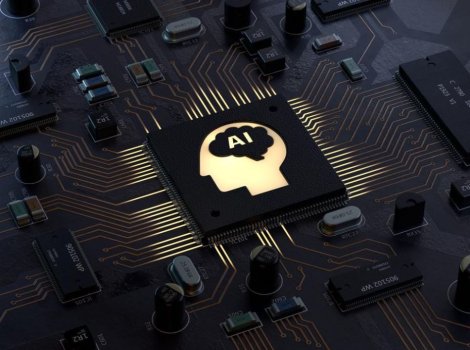By 2030, AI will likely no longer be getting adopted with simple scenarios and applications. It will be expected to detect life-threatening diseases in the nascent stage, predict weather conditions of a large area over several months and become a digital collaborator to the human race. These are just a few possibilities of the potential impact of AI on life and work in the coming years. The pace of change has been unprecedented in the sector, and it promises to continue in the same vein in the years to come.
With rapid learning and adoption, AI is no longer a crystal ball technology but something that humans now interact with in nearly every sphere of life. In fact, the transformation led by AI has been so pervasive that it is deeply influencing user experience and how humans interact with brands and technologies. The way things are trending, AI will soon become an undeniable part of human life and society.
This widespread adoption and a variety of new use cases will come from the rapidly evolving nature of AI. It is already achieving faster computation, higher accuracy and lower computation and infrastructure costs. Today, AI is evolving across all three dimensions — compute, data and algorithm — which sets the context for its adoption across all realms of life and work by 2030. Here is the direction that I see AI moving within these categories.
Continue reading: https://www.forbes.com/sites/forbesbusinesscouncil/2021/08/23/the-possibilities-of-ai-in-2030-transformation-across-dimensions/?sh=fa0186a6b67a
With rapid learning and adoption, AI is no longer a crystal ball technology but something that humans now interact with in nearly every sphere of life. In fact, the transformation led by AI has been so pervasive that it is deeply influencing user experience and how humans interact with brands and technologies. The way things are trending, AI will soon become an undeniable part of human life and society.
This widespread adoption and a variety of new use cases will come from the rapidly evolving nature of AI. It is already achieving faster computation, higher accuracy and lower computation and infrastructure costs. Today, AI is evolving across all three dimensions — compute, data and algorithm — which sets the context for its adoption across all realms of life and work by 2030. Here is the direction that I see AI moving within these categories.
Continue reading: https://www.forbes.com/sites/forbesbusinesscouncil/2021/08/23/the-possibilities-of-ai-in-2030-transformation-across-dimensions/?sh=fa0186a6b67a

